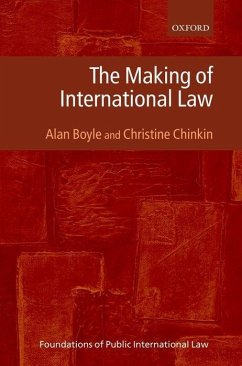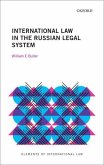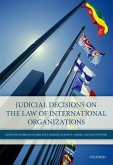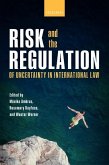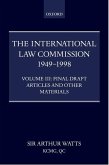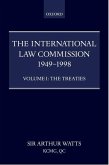Only in this broader context can the significance of so-called 'soft law' and multilateral treaties be fully appreciated. An important question posed by any examination of international law-making structures is the extent to which we can or should make judgments about their legitimacy and coherence, and if so in what terms. Put simply, a law-making process perceived to be illegitimate or incoherent is more likely to be an ineffective process. From this perspective, the assumption of law-making power by the UN Security Council offers unique advantages of speed and universality, but it also poses a particular challenge to the development of a more open and participatory process observable in other international law-making bodies.
This is a study of the principal negotiating processes and law-making tools by which contemporary international law is developed. It looks at the UN, other international organisations, diplomatic conferences, codification bodies, NGOs, and courts in identifying the processes, participants, and instruments employed in the making of international law.
Hinweis: Dieser Artikel kann nur an eine deutsche Lieferadresse ausgeliefert werden.
This is a study of the principal negotiating processes and law-making tools by which contemporary international law is developed. It looks at the UN, other international organisations, diplomatic conferences, codification bodies, NGOs, and courts in identifying the processes, participants, and instruments employed in the making of international law.
Hinweis: Dieser Artikel kann nur an eine deutsche Lieferadresse ausgeliefert werden.

